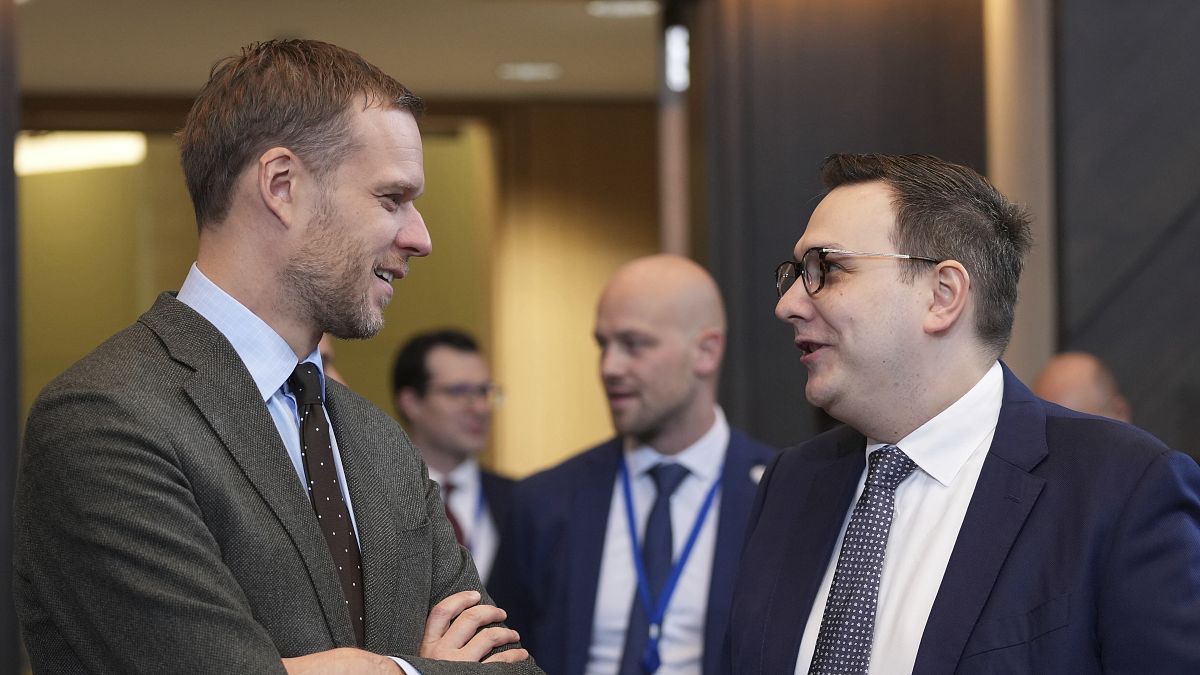Ukraine’s allies should show Moscow that sabotage “won’t be tolerated,” says senior European diplomat.
Russia was behind up to 100 “suspicious incidents” in Europe this year, the Czech top diplomat has said.
The warning comes amid reports that Moscow is increasingly seeking to undermine Ukraine’s allies through cyber, arson and other forms of attack.
Speaking to reporters shortly before a meeting with his NATO counterparts in Brussels on Wednesday, Czech Foreign Minister Jan Lipavský said Europe must not tolerate such actions.
“This year there were 500 suspicious incidents in Europe. Up to 100 of them can be attributed to Russian hybrid attacks, espionage, influence operations,” he said.
“We need to send a strong signal to Moscow that this won’t be tolerated,“ Lipavský added.
Almost three years since its full-scale invasion of Ukraine, Russia has been accused of “staggeringly reckless” behaviour across Europe, with Western officials blaming Moscow for a series of incidents, including the recent cutting of an undersea cable between Germany and Finland.
Richard Moore, the head of MI6, the British foreign intelligence service, has expressed his concern about such events.
“We have recently uncovered a staggeringly reckless campaign of Russian sabotage in Europe, even as Putin and his acolytes resort to nuclear saber-rattling, to sow fear about the consequences of aiding Ukraine,” he said last Friday.
“Such activity and rhetoric is dangerous and beyond irresponsible,” the spy chief added.
Meanwhile, Nicolas Lerner, his French counterpart, said “the collective security of the whole of Europe is at stake” in Ukraine.
Last Monday, a DHL cargo plane crashed as it prepared to land in Vilnius, Lithuania’s capital, killing a Spanish crew member.
The cause is under investigation, but German Foreign Minister Annalena Baerbock said a hybrid attack was a possibility.
“We and our Lithuanian partners must now seriously ask ourselves whether this was an accident or … another hybrid incident,” she said, before emphasising that Europe was living through “volatile times”.

